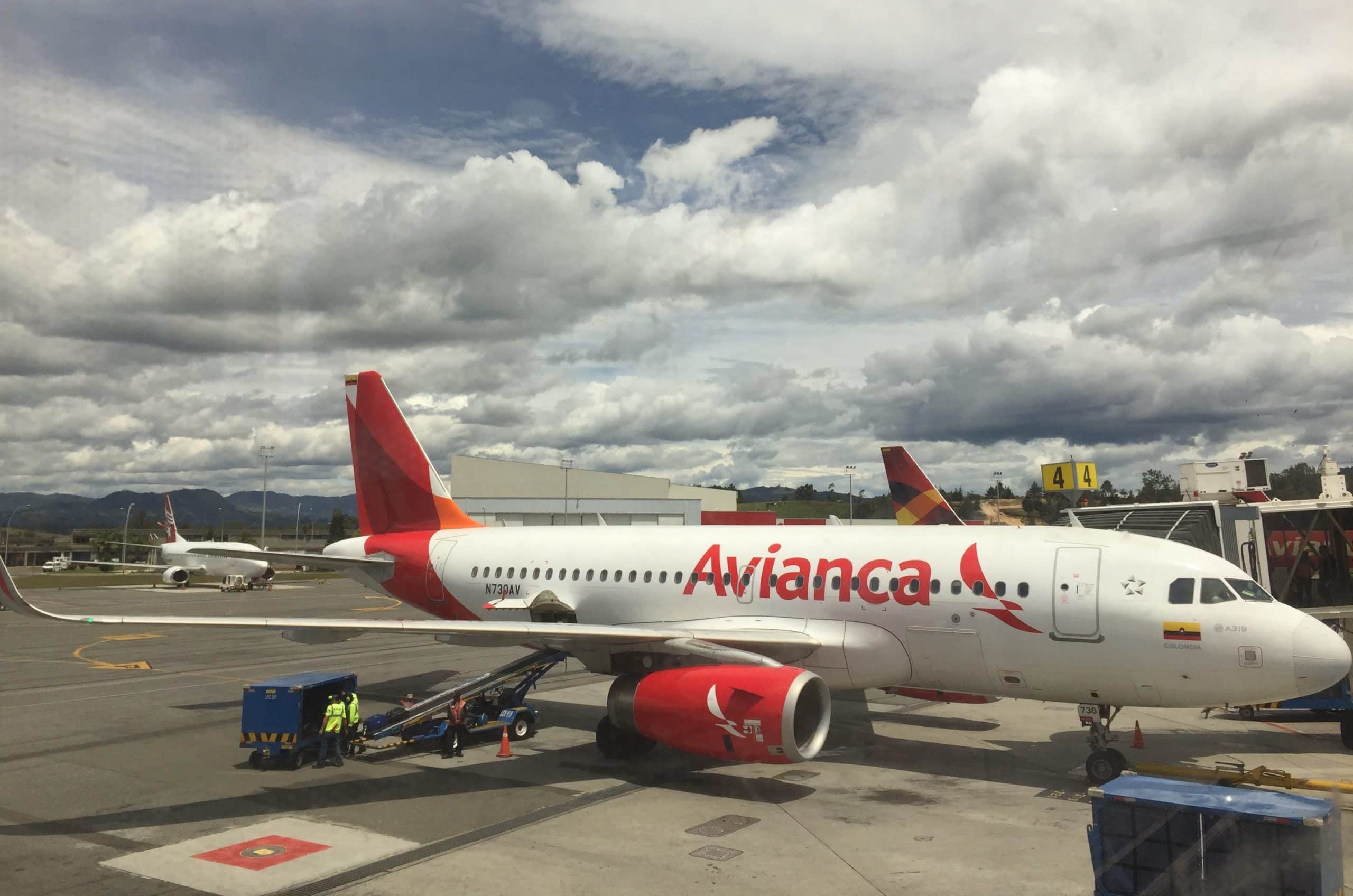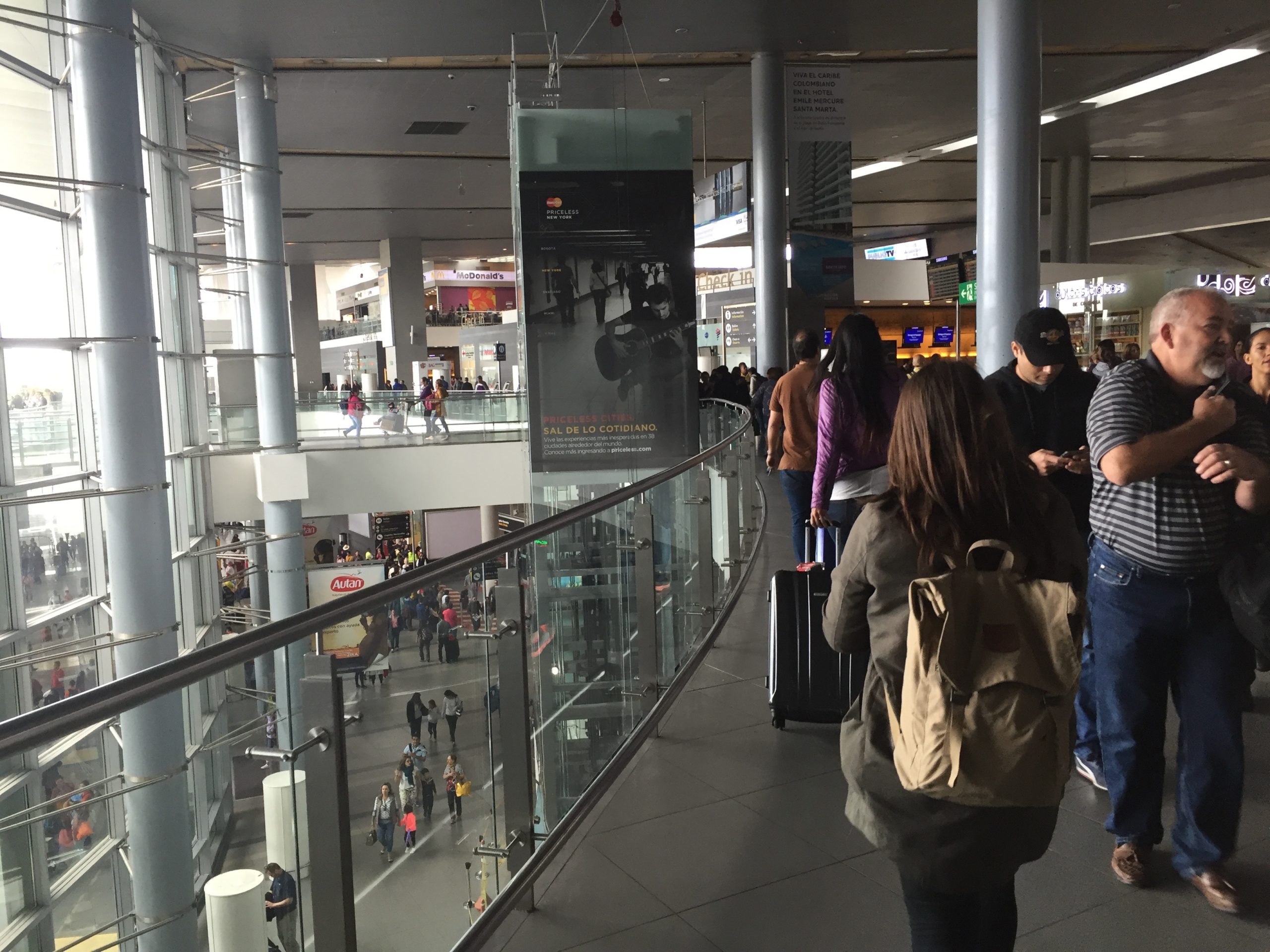Can Colombia’s Airlines Reap the Peace Dividend?
Share

APEX Insight: On June 23, 2016, the Colombian government and the Revolutionary Armed Forces of Colombia (FARC) agreed to a ceasefire, ending 52 years of fighting. The end of the civil war could usher in a new era of growth, attract tourists and reap dividends for the country’s airlines.
In 20 years, June 23, 2016 will go down as a day where democracy triumphed. But not because of Brexit. As the British public voted to begin divorce proceedings with its European neighbors, a snippet of news slipped under the radar. Thousands of miles away from London, Colombia’s government and the Revolutionary Armed Forces of Colombia (FARC) agreed to a ceasefire, ending 52 years of fighting that has left more than 200,000 dead and displaced several millions more. The end of the civil war could usher in a new era of growth, attract tourists and reap dividends for the country’s airlines.
Bogota El Dorado Airport doesn’t give the impression that it’s located in a country emerging from a decades-long civil war, nor does it fit the vision of Colombia presented in Narcos, the Netflix hit TV series. Instead, the terminal building’s tall ceilings and frosted glass-lined walls evoke Heathrow’s sleek Terminal 5. Designed by Aéroports de Paris, the $1.2 billion hub opened four years ago and is now Latin America’s third busiest aviation gateway, with 27 million passengers a year. With the number of passengers using Colombia’s airports set to increase by five to eight percent over the next decade, plans are now in place to build a second airport dubbed “El Dorado II” on the western fringes of the capital city.

In a country as big as France and Spain combined and defined by its mountainous Andean geography, the country’s national domestic rail infrastructure is limited to cargo freight along the Caribbean coast. Colombia’s topography also means that journeys by road can take longer than elsewhere, so the country is increasingly relying on airlines for its domestic public backbone. For example, Avianca’s route between Bogóta and MedellÃn operates at the frequency of a shuttle service, offering 23 daily flights connecting Colombia’s two largest cities. Similarly, Avianca’s flights from the capital to the Caribbean port city of Cartagena take off 19 times per day.
VivaColombia is the country’s only true low-cost carrier (LCC). The MedellÃn-based airline is part-owned by a Ryanair holding company and offers ticket prices within reach of most of the population. The LCC operates a fleet of nine Airbus A320s and offers a no-frills in-flight service similar to that of Ryanair or easyJet. In a country where the average monthly salary is below $700 USD, a one-way ticket for the 90-minute flight from Bogóta to Cartagena can be bought for under $35 USD – cheaper than traveling on the 20-hour bus journey between the two cities.
A one-way ticket for the 90-minute flight from Bogóta to Cartagena can be bought for under $35 USD.
Latin American airlines have been struggling of late, but the mid- to long-term prospects for both Colombia and Avianca look brighter. The flag carrier lost $140 million in 2015 as the country’s commodities-fueled economic growth ran out of steam €” at the very same time that it was taking delivery of Airbus jets it placed firm orders for during the boom years. Avianca is now working toward readjusting its fleet commitments by cutting its Airbus deliveries from 2017 to 2019 in a bid to slash costs. The airline still plans to add capacity throughout the rest of the year, but below the eight percent increase it posted in 2015.
Like Britain’s EU vote three weeks ago, the terms for ending the civil war with the FARC will now be put to a nationwide referendum. If the fragile peace is approved by voters, the government argues the accord may help boost economic growth to 5.9 percent, triple foreign direct investment, attract more international tourists and perhaps enable the country’s aviation industry to take off and reach its potential.


